Author: P. Henge
Jargon
In every walk-of-life there is jargon, where words have been created as shorthand for quite complex concepts. Those initiated into those professions, instantly understand what is meant because they can reference years of study and work in the field. The jargon is not intentionally meant to bewilder the untrained. The confounding nature of the jargon used by doctors, scientists, and lawyers, is a consequence of specialisation in their disciplines and is something we have come to expect.
The purpose of this short vignette is to introduce you to some of the jargon of Critical Social Justice. The difficulty in understanding someone versed in Critical Theory is that the words used are often identical to the commonly used words, but with completely different meanings and obscured subtext.
Critical
The first of these would be Critical. To the uninitiated, when Critical is mentioned, they might think of the Enlightenment and the Scientific Method. On the contrary, Critical is rather the antithesis of that accepted meaning. It has nothing to do with critical thinking but rather the term Critical relates to Critical Theory developed in the Frankfurt School of Social Sciences in the 1930s as a way of bringing about radical societal transformation.
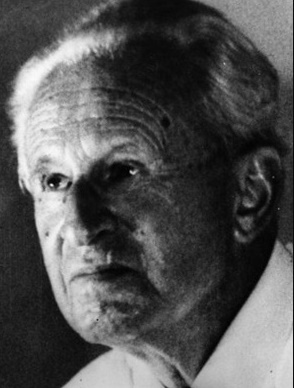
A Critical Theory seeks not only to confront and understand the social, historical, and ideological forces and structures which produce and constrain culture but also to use Critical methods to change society. The application of Critical Theory for change is called praxis, and Criticalised fields often have an X in them somewhere, like for instance Mathematix. Herbert Marcuse is a well-known exponent, with works such as, Eros and Civilisation, One Dimensional Man, and the essays Repressive Tolerance, On Liberation, and A New Sensibility. His intellectual hand in the violent 1968 riots and associated liberation movements is hotly debated.
To have a Critical Consciousness is analogous to the Class Consciousness described by Marx. To be Critical in this sense, is to view society through the lens of identity-group power struggle, and to work towards the liberation of oppressed groups by manipulation of language, biased censorship (repressive tolerance), and victim narratives created to achieve political ends. To the person with Critical Consciousness, the whole system is decrepit and must be brought down, by whatever societal division might be useful at the time as a battering ram. So, when you hear “critical,” you need to find out whether the Frankfurt School definition is meant or the more commonly accepted Enlightenment one.
Preaching nonviolence on principle reproduces the existing institutionalised violence.
Herbert Marcuse, Five Lectures: Psychoanalysis, Politics, And Utopia, (1970)
Democracy
Recently, especially in the USA, it has been heard that “we need more democracy” or that “our democracy is threatened.” Critical Theory uses the term “democracy” often, but what exactly is meant? To be sure, Western democracies differ greatly. Some are republics, and others are gradually evolved constitutional monarchies. Fundamentally, a democracy is understood to mean that representatives are chosen by the people, and that these representatives associate to form parties, with roughly aligned interests and philosophies. There are checks and balances built into the system to hinder corruption and the abuse of power.
Australia is, first and foremost a constitutionally limited Monarchy, but an exceptional kind, thanks to various English charters: The 1225 (the 1215 deed was coerced) Magna Carta, the 1628 Petition of Right, the Habeas Corpus Acts of 1640 and 1679, the 1689 Bill of Rights and the 1701 Act of Settlement. Australia is also democratic in that it polls the will of the people periodically. This democratic mechanism is meant to avoid bloody revolutions. Indeed, elections have been termed civil wars by other means. In Australia after elections, the party which can demonstrate the ability to govern and maintain supply, may approach the Governor General for appointment as Government.
The Governor General (Governors in each state) holds the power of umpire and can dismiss their appointed governments if impropriety is observed. Two dismissals come to mind, that of the N.S.W. government of Premier Jack Lang, which in 1932 ordered state officials to defy federal law, and the Australian Government of Gough Whitlam in 1975, when money supply was blocked after a foreign loan debacle.
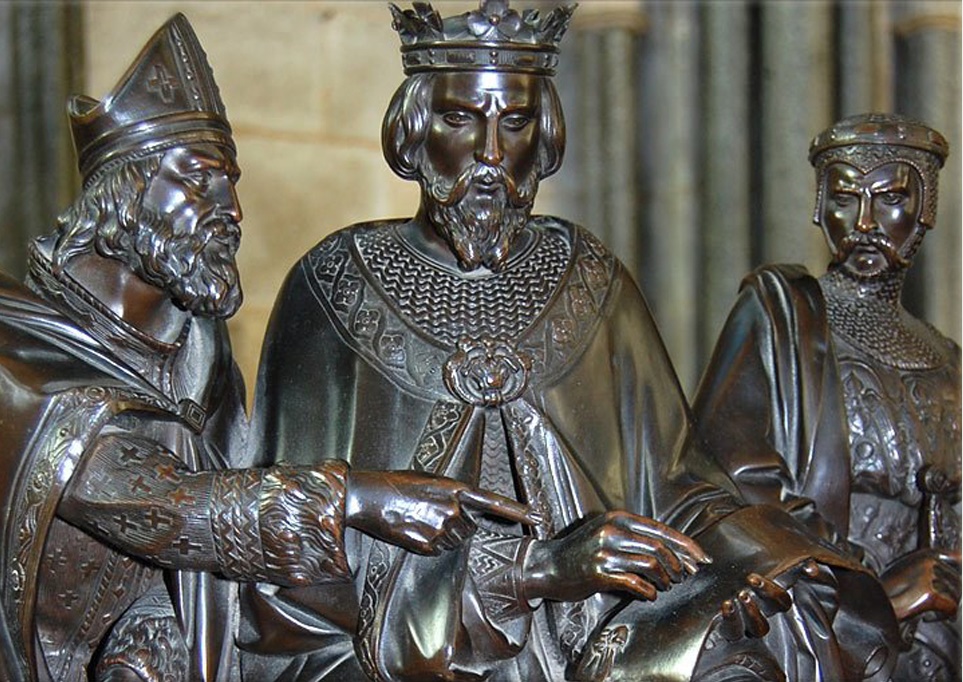
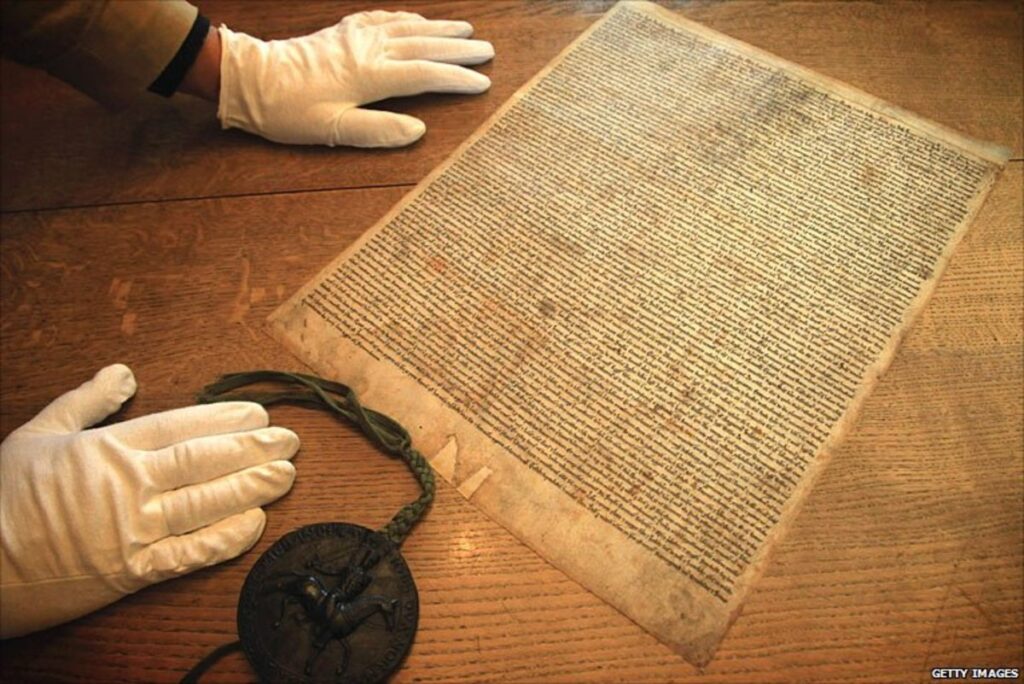
In practical (not Utopian) democracies, however, citizens do not get to participate in each decision. Nor does democracy mean that representatives in government should reflect the self-identifying groups within a society. In Western democracies, people ideally align according to their individual interests and beliefs about how society should be governed, not their skin colour, sex, gender, ethnicity, or sexual orientation. Critical Theory rejects the aforementioned notions of democracy. The “democracy” aspired to by Theory is a collectivist and ideal democracy, where citizens are free to choose their government, liberated not only from the shackles of capitalist dictatorship, but also from tolerance and free expression which, they contend, embed discrimination, and from constitutions which, they allege, entrench power.
The Critical view is that existing democracies are so-called pseudo-democracies and are problematic, because they provide citizens with wealth, comfort, and a system for the redress of grievances. The activist problem with these aspects is that they reduce the will of the population to overthrow the system, which activists view as ensnaring and administering the people. Thus, under Western democracies, the power of the majority maintains a status quo and is inclined against radical change. In other words, when you hear the term democracy used by these activists, it can best be understood by inserting the commonly understood term communism. They believe that true democracy, under which all are liberated and made equal, can only be delivered by communism, which for them represents the final stage in the historical development of human systems of government.
Equity
The commonly understood meaning of equity is that of fairness or the non-debt portion of capital, i.e., what you own. The Critical Social Justice version, on the other hand, is rather different and oozes subtext. One key feature, which makes it Critical, is that any disparity in outcome is deemed to be the direct result of nefarious systemic oppression and discrimination, rather than a more multi-factored reason, such as perhaps stemming from biological essentialism or cultural influences.
From a Critical viewpoint, equity is shorthand for social equity and at the most basic level, their equity means equality of outcome for identity-groups by forcing an adjustment of shares. It also includes a calculus based on historical injustices related to group identity. Achieving parity in outcomes for groups is, therefore, not sufficient, rather a greater share is required to make up for historical oppression of groups. Note that, within this framework, only certain identity groups have grounds to claim historical oppression, for instance the historical oppression of the Jews is deemed not to count because they are too successful as a group, advantaged by white privilege. Asians are also problematic for Theory and are called white adjacent because they have cultural traits similar to “whiteness.”
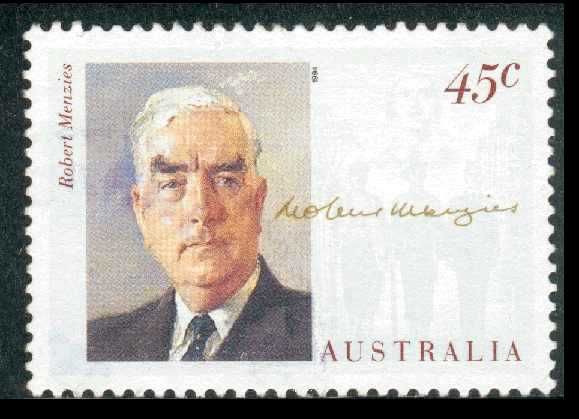
In free societies, wide support may be found for equality of opportunity, notwithstanding that each of us is born with different talents and into different socio-economic and cultural circumstances. Yet most tend to agree that all should receive encouragement to self-actualise regardless of immutable characteristics. Few would see group identity as a criterion for advancement. Indeed, quotas are anathema to the Australian classically liberal mind (very different from the American liberal concept). Robert Menzies, a long serving Liberal Party Prime Minister, promised Australians in 1954 “the opportunity to reach their full potential in a tolerant national community.” Eleven years earlier, he had said of women in Parliament, that it was “outmoded and absurd to treat a woman’s sex as a political disqualification” yet “it seems to me equally absurd to claim it as a qualification in itself.”
…the opportunity to reach their full potential in a tolerant national community.
Robert Menzies, 1954
Justice
To understand the classical definition of justice, and how it is contrasted with the version promulgated by Critical Social Justice, it is helpful to review the concept of negative and positive rights. It is to be noted that the terms positive and negative convey no sense of virtue or otherwise of the rights, but rather refer to whether the rights require intervention. Negative rights exist unless a power acts to negate them.
Negative rights comprise, freedom of expression, association and belief, private property, and freedom from violence, unlawful imprisonment, or enslavement.
Positive rights generally require intervention and necessarily, therefore, infringe on the negative rights of others. It has, therefore, been argued that they should not be considered human rights at all. Such positive rights include, amongst an almost endless list; housing, education, employment, health care, social safety nets, internet access, and a minimum standard of living.
Most Western governments have expanded their brief to include positive rights. More recently, one supposed right, freedom from offence, is beginning to take precedence over the negative rights of freedom of expression, association, and belief. In some Western countries, the “thought police” are now recording “non-crime hate incidents” but without laws to facilitate prosecution… yet.
The Justice of Western courts is traditionally concerned with the maintenance of negative rights, applied in equal measure to both the governed and the government.
- Property (punishment of thieves)
- Contracts (punishment of fraudsters and those who renege)
- Life and liberty (punishment of kidnappers, violent offenders, and murderers)
A recent addition is that the punishment should fit the crime, which is why stealing a loaf of bread is no longer a requirement for immigration to Australia.
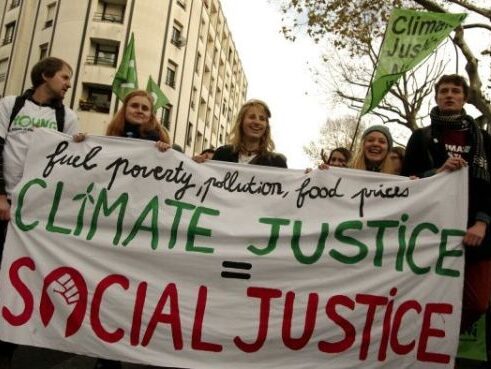
The forms of justice which have gained more currency in society, usually have an adjectival modifier at the front. These forms are usually obsessed with social equity, and a raft of positive rights claims. In Critical Social Justice, the term justice refers to the making equal of members of a group, by infringing on the negative rights of others. In serving the critical social form of justice, violence, theft, suppression of free expression and liberty are all seen as legitimate means to those ends. Critical Social Justice is not blind, it favours certain groups over others and calls for retribution and reparations from those groups seen as responsible for historical oppression. The Social Justice agenda is about overturning the current social order and accepting that designed by Critical Theory activists. If justice needs an adjectival modifier, it’s not the justice you think it is.
A Final Word
In Critical Theory, the manipulation of language is intentional and designed to mislead the uninitiated. The terms used, at first glance, are usually things most can agree to. The vast majority want justice, fairness, and democracy. The point of this short introduction has been to show that the definitions have been broadened and sometimes perverted from generally accepted meanings. Indeed, some dictionaries are adjusting definitions to conform with those of activists, seemingly adding legitimacy to the Social Justice claims. Similarly, journals reify Critical Theory arguments by circular and mutual citation by those indoctrinated with Critical Theory ideology. All this serves to provide validation for their agenda.
James Lindsay of New Discourses is creating an excellent fully referenced dictionary to understand the changed, broadened, and perverted meanings of words. Some words to be watched out for in policy documents include,
- <insert prefix> Violence: Epistemic, Word, Silence, etc,
- <insert word> Privilege: White, Male, Christian, Cisgender, etc.
- Problematic
- Positionality
- Liberation
- Ally & Accomplice
- White <insert word>: Complicity, Fragility, Adjacent, Ignorance, etc.
- <insert prefix> Normativity: Hetero, Cis, Able, Thin
- Stigma
- Normal
- <insert adjective> Justice: Climate, Social, Racial, Environmental
- Systemic <insert word>: Racism, Sexism, etc.
- Epistemicide
- Hate Speech
- Offence
- Epistemic <insert word>: Violence, Oppression, Injustice, Laziness, Exploitation, Arrogance, etc.
- Cultural Competence
- Decolonise
- Post-colonial
- Lived Experience, your truth – my truth, and knowledges.
- Honest History
- Racism and Antiracism (both are antonyms of the classical definition of non-racism)
- <insert prefix> phobia: Xeno, Islamo, Homo, Bi, Inter, Trans, etc.
- Intersectionality
- Implicit Bias
- Engage
- Accountable


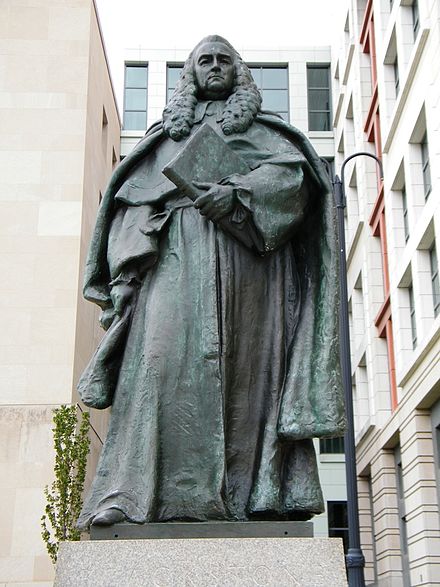
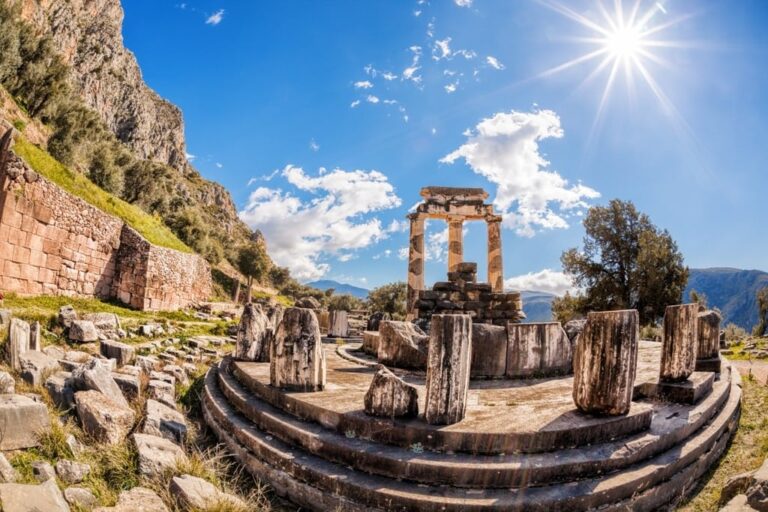
I have been surfing online more than 3 hours today, yet I never found any interesting article like yours. It is pretty worth enough for me. In my opinion, if all web owners and bloggers made good content as you did, the internet will be much more useful than ever before.
I truly wanted to post a brief comment to be able to thank you for some of the lovely pointers you are sharing at this site. My incredibly long internet search has at the end of the day been honored with excellent facts and techniques to share with my good friends. I ‘d express that most of us site visitors are really lucky to exist in a wonderful site with so many special people with insightful tips and hints. I feel rather blessed to have come across your site and look forward to so many more entertaining moments reading here. Thanks a lot once more for all the details.